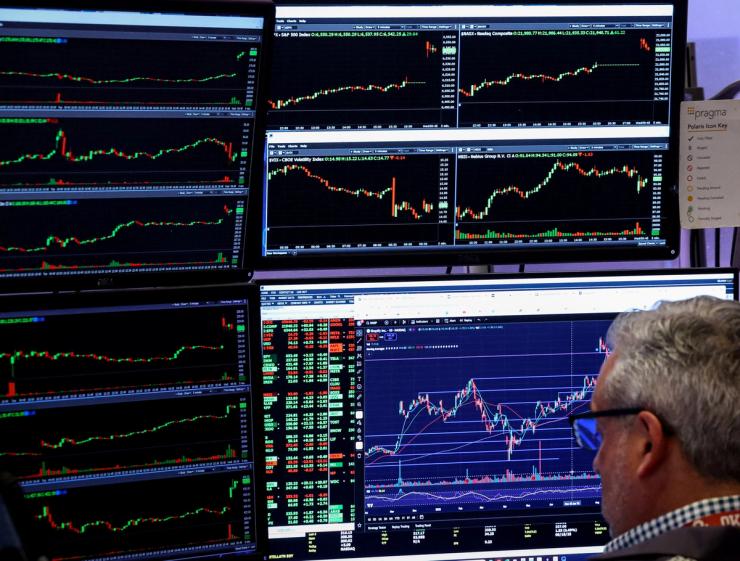Matthew’s view
Saudi Arabia stocks surged this week with the news from Bloomberg that regulators are reviewing a cap on foreign ownership of listed companies. While this move signals regulators are serious about competing for foreign capital, it may not translate to significant inflows.
Whenever I’ve spoken to foreign investors over the past few years, not one has ever mentioned the 49% foreign ownership cap as a deterrent to buying Saudi stocks. No listed company is close to hitting the limit — foreigners hold only about 11% of the entire market. Higher on their list of gripes are expensive valuations compared to other emerging markets, thin liquidity that makes it hard to build up or exit large positions, and a still nascent approach to investor relations.
The market optimism this week was led by the view that MSCI, which makes the indices that passive investment funds track, will increase the weight of Saudi stocks as a result of the rule change, forcing funds to allocate more to Saudi. The market gained more than $100 billion in value on expectations of inflows of just $10 billion as a result of changes to foreign ownership rules.
Saudi stocks have dipped roughly 10% this year, dragged down by concerns about the kingdom’s finances, spending reviews on major projects, and weak post-IPO performance for new listings. Sentiment among retail investors, who drive trading in the kingdom, is unlikely to turn significantly on procedural changes — they will need to see a return to IPOs spiking on debut to maintain excitement.
The UAE recently overtook Saudi Arabia as the Gulf market with the highest exposure among actively managed emerging market funds, regaining a position it had long held. In that context, what’s most significant about Riyadh’s expected rule change on foreign ownership is the signal it sends: The kingdom is ready to battle for foreign investors.
Notable
Removing the limits of foreign ownership may boost foreign inflows into Saudi Arabia but won’t translate to a meaningful boost outside the stock market, according to this report from advisory firm Capital Economics.


